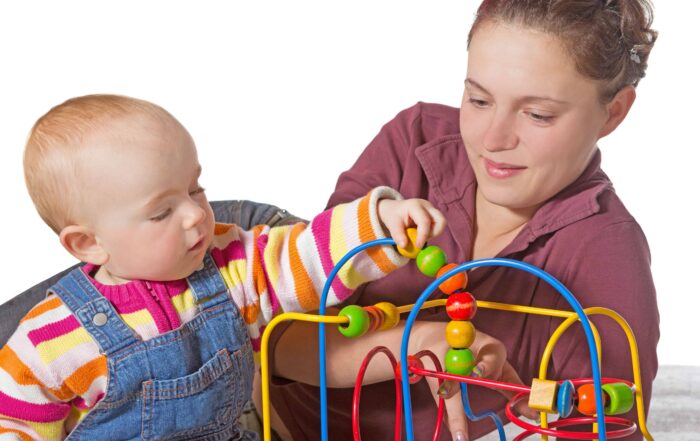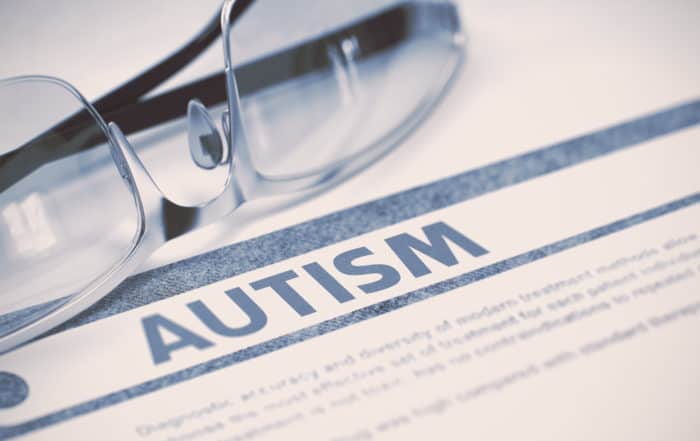If you’ve just received an autism diagnosis for yourself or someone you love, you might be wondering what to do next. You may feel uncertain, overwhelmed, or even relieved to have a name for the challenge you are facing. Whatever you are feeling at this moment, it is important to learn about the most reliable research on ways to help yourself or your child. That’s why the Autism Research Institute exists. We are here to help you navigate the research on autism spectrum disorder.
Autism research through the years
Many, if not most, professionals in the clinical community became aware of autism soon after the publication of the Diagnostic and Statistical Manual-III in 1980. As you can imagine, much has changed in the autism community over the past four decades.
Research is ongoing to discover many of the biological processes involved in autism. Over the years, scientists have discovered some possible underlying components of autism ranging from genes to nutritional deficiencies and toxic exposure during pregnancy. Several treatments and therapies have been reported to address some symptoms of autism. While there is still much to learn, we do know that early intervention can significantly affect prognosis.
Studies on applied behavior analysis, ABA, have documented positive results for some individuals.
Research has also uncovered a number of treatable medical and sensory co-occurring conditions associated with autism including anxiety, gastrointestinal disease, sleep disturbances, seizures, and sensory sensitivities. These conditions can mask or aggravate symptoms and could make treatment more complicated. A range of therapies and supports are available to address these co-occurring conditions including appropriate medical, nutritional, and sensory interventions.
Autism is a complex disorder. When identifying potential treatments, parents, clinicians, and individuals with autism must proceed with great care. It is important to think critically about new treatments and supposed “cures” before trying them. Although they may make some sense, trying them could (1) possibly lead to short-term or even permanent side effects, (2) may be expensive with very little or no benefit, and (3) result in the loss of valuable time and money. An old saying applies “Run the other way when someone offers you a cure for your child’s autism.”
Learn and get support
ARI was established primarily to support research on the causes and treatment of autism.
One way we do this is to fund research. Over the past 10 years, we have awarded more than 100 research grants. We also have a well-published science-oriented Board of Directors and Scientific Advisory Board, all of whom actively help with ARI’s efforts.
In addition, we sponsor near-weekly webinars featuring established, well-respected clinicians and scientists who discuss possible causes and symptoms of autism as well as effective treatments. These webinars are free and available for anyone who wants to learn more about autism.
Furthermore, our Executive Director, Stephen M. Edelson, Ph.D., is the co-developer of the ATEC, a popular online treatment assessment tool. The ATEC is free and is now available in 22 languages. Clinicians, researchers, and families worldwide complete the ATEC on a regular basis.
As you begin to understand the impact of autism on your life, you may want additional guidance and support. To get started, seek referrals and identify resources in your area by contacting local advocacy and community programs. In addition, we recommend that you connect with county and state agencies that specialize in supporting individuals with special needs.
Researchers and clinicians are a valuable source of information about autism spectrum disorder. Start learning from them through our free webinars.
Caregiver Strategies for Building Infant Social Interaction
Free webinar at 1 p.m. Eastern time (US), Wednesday, October 9, 2024 Tune in to hear Dr. Laurie Vismara discuss Infant Start, the Downward Extension of the Early Start
Motor Skills and Executive Function in Autism
Megan MacDonald, Ph.D., and Megan McClelland, Ph.D., discuss emerging research on the relationship between motor skill development and executive function in autism. They define motor skills and executive function, discuss their long-term impact
Editorial – Addressing delays: proactive parent-led interventions during waiting periods
The wait for an autism diagnosis and subsequent intervention can be highly stressful for many families, especially when access to needed health and educational services also hinges on the approval of insurance
Preemptive therapy prior to autism diagnosis may be highly cost-effective
Preemptive therapy for infants who display early symptoms of autism may be highly cost-effective, according to a new study from Australia. Leonie Segal and colleagues based their economic analysis on a 2021
Earlier intervention leads to greater benefits for kids with autism
Children with autism spectrum disorders (ASD) who receive intensive early intervention at the age of 18 months fare significantly better than those who begin receiving this type of intervention at 27 months
How Age – and Age of Diagnosis – Affect Quality of Life
Dr. Gray Atherton discusses the critical role of age and age of diagnosis in shaping the quality of life for autistic individuals. She provides a brief history of autism understanding and considers







